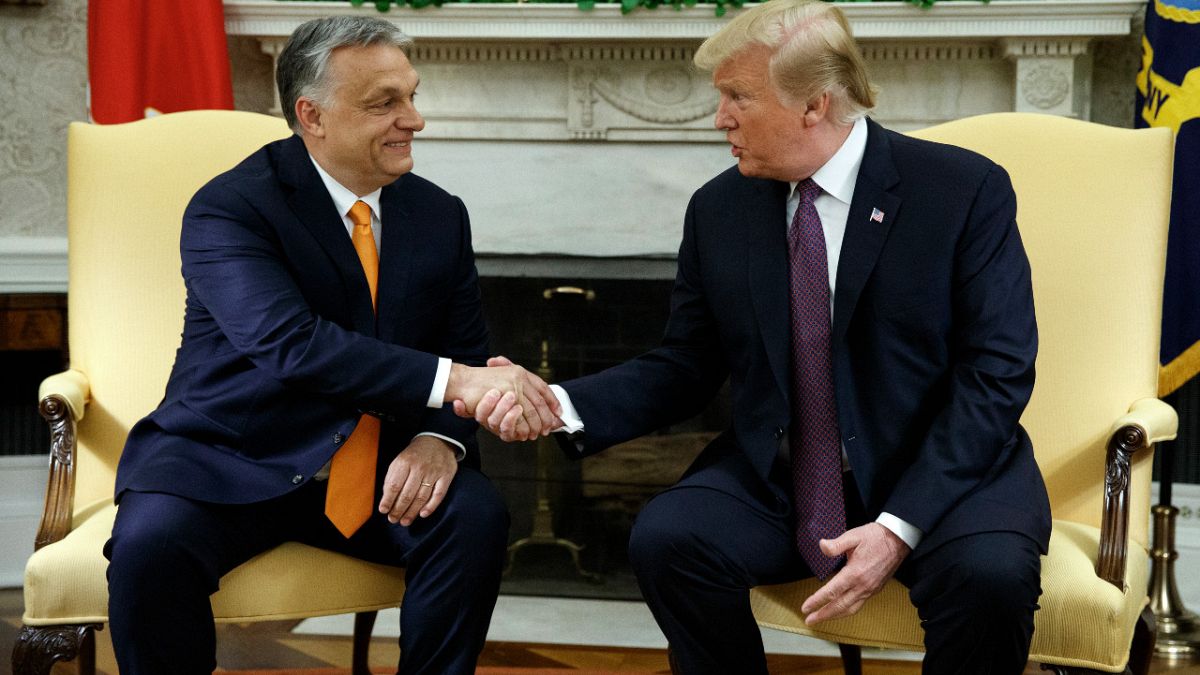The American billionaire’s return to the White House and his radical rhetoric have resonated with the far-right in Europe, following recent electoral successes. Leaders like Hungarian Prime Minister Viktor Orban and Italian Prime Minister Giorgia Meloni have hailed Donald Trump’s victory as a win for their anti-immigration stance and rejection of elites and international institutions. Analysts believe that Trump’s victory could embolden Europe’s far-right parties and increase their power within the European Union.
The far-right’s rise in Europe has been evident in recent years, with parties gaining ground in various member states. In the EU Parliament, far-right parties now hold 187 seats across three groups, showcasing their growing influence. However, experts caution that while there may be a trend of synchronisation between the US and Europe, each far-right party employs different strategies to appeal to voters. Despite these differences, the underlying causes behind the rise of populist sentiment remain consistent across the continent.
The economic and cultural changes in Europe have fueled the rise of populist parties, with voters expressing discontent over issues like automation, inflation, and debt crises. This has led to a backlash against the status quo and a shift towards far-right ideologies. However, experts warn that this trend could lead to the fragmentation of the EU as populist forces seek to defend their national interests against external pressures.
The potential consequences of Trump’s policies, such as imposing tariffs on foreign goods and questioning US support for European security alliances, pose a threat to the EU’s cohesion and solidarity. Populist and nationalist parties, which have gained momentum in recent years, may find themselves at odds with the American president, undermining transatlantic relations. As Europe navigates this uncertain political landscape, the far-right’s growing influence could shape the future of the continent’s political dynamics.











